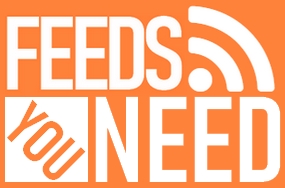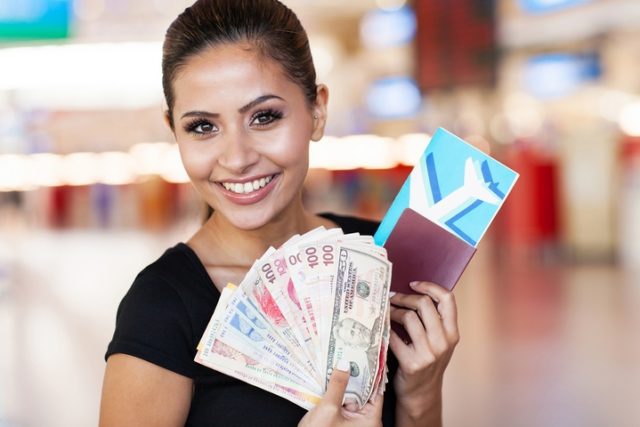Travelling is exhilarating, stress-relieving, and fun. Unfortunately, it can also be expensive. Making money exchange mistakes can make your trip or vacation even more costly than it needs to be. To avoid spending more than required when travelling to a different country, avoid making these money exchange mistakes when travelling.
1. Exchanging Your Money at the Airport

Of course, you have the option to exchange your money immediately before your trip while you’re at the airport. This isn’t a financially sound idea, however. Trading in your home currency for foreign currency at the airport’s exchange desk will mean paying costly commission charge. With some pre-planning, you can avoid getting a bad deal. Order your currency online or exchange your cash at a financial institution before heading to the airport to get a more favourable rate.
2. Not Considering Currency Cards

If you don’t travel often, you may be able to skip this option, but it’s a good deal to get a currency card if you’re a frequent traveller. This card will enable you to save a considerable about of money on foreign currency exchanges. A currency card will enable you to avoid fees while travelling abroad and will always offer near-perfect exchange rates.
3. Skipping Local Currency Altogether

You may be able to pay for goods and services with Canadian or American cash in foreign places, but that doesn’t mean it’s a good idea. You likely won’t get the exchange rate when paying with home currency, so you may end up paying far more at restaurants, hotels, shops, and banks than you need to. Always exchange your money for local currency to save on costs.
4. Not Paying Attention to Bank Fees

Most banks charge for both international transfers and withdrawals. Knowing how much your bank charges for these services can help you save hundreds of dollars during your travels. If the fees are high, you can consider withdrawing larger amounts rather than getting hit with fees for every small transfer or withdrawal you make on your vacation. You should also inquire about your bank’s agreement with international agencies to determine if you can use ATMs abroad for free.
5. Using the Wrong Card

Different credit and debit cards come with different annual charges and money conversion fees, so also inquire at your bank about which card you should use during your travels to ensure you’re getting the best exchange rate. You may even want to consider shopping around and getting a new card if the deal is right.
6. Using Traveller’s Cheques

Traveller’s cheques used to be popular among travellers, but today, many vendors don’t even accept them. Plus, they take time to purchase. It’s a better idea to leave your cheques at home and convert cash to use on your trip instead.
7. Not Informing Your Bank of Your Travels

You won’t have to worry about getting the best exchange rate while travelling if your bank accounts are frozen due to suspicious activity. Before you head out of the country, make sure to inform your bank of your plans, so you can keep using your accounts and cards as you need them.
8. Converting More Cash Than You Need

Take some time to plan your trip to determine how much cash you’ll truly need to convert to pay for all your expenses abroad. Holding on to foreign currency when you get home because you converted too much isn’t useful to you. And if you convert too much, make sure to convert it back to local currency when you get home.
9. Not Doing Your Homework

By taking the time and effort to do your homework before your trip, you can ensure you’re getting the best value from your money exchange. Research and compare rates ahead of time, so you can save more.






